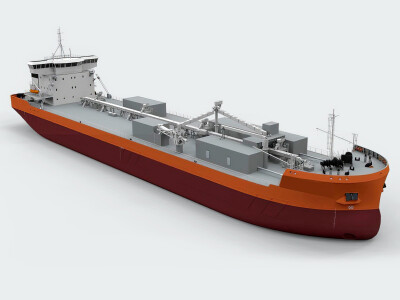This blog updates a previous blog I wrote about whether jail time should be a consequence for mariners involved in a serious marine accident.
Every fatality can be prevented. If ever there was a time for zero tolerance, it would be when it comes to fatalities.
First an update on the ex-master of the Costa Concordia. Mr. Schettino is now a convicted criminal. He got 16 years for the 32 deaths he caused. Just thought you’d like to know.
In these next two incidents a master’s and mate’s negligence resulted in two deaths. Both incidents are studies in letting things go tragically wrong. The consequences can be ultimate, final and drastic. I told my crew that any deadly mistakes I might make could get them killed, but ironically I would be safe on the bridge (your wheelhouse). Not very fair. For any of us in command it’s a sobering responsibility with ultimate accountability. I wrote a blog about that too. That’s why I make it my business to have zero tolerance for fatal mistakes that could end up killing or maiming the crew.
In the first incident, the boat got underway with a tow astern. Because of a series of very bad decisions on the part of the master the deckhand was killed trying to reattach the towline when it predictably parted. Previously, I wrote the only day you can pick at sea is the first day. The master of this towing vessel got underway in gale winds in excess of 35 knots. He knew that was the forecast and still decided it was a good idea to go.
Also, the boat was not equipped for this “near coastal” voyage and neither was the master qualified or experienced to operate in this weather. In the middle of the night -- and it’s always the middle of the night -- the tow naturally parted. While aft attempting to reattach the tow, the deckhand went overboard. My blog on man overboard might be worth reviewing. The search was conducted in high seas, violent storm winds, and of course darkness. The deckhand’s body was recovered in an especially battered condition several weeks later.
The judge said, “This was a catalogue of disasters. The master was [foolishly] prepared to take chances. It was a disaster waiting to happen after a series of bad decisions.” The investigator said, “This was a tragic incident that should not have happened. The master should not have accepted the tow as he was ill equipped, unqualified and his vessel was not suitable.”
The master who also owned the boat got an eight-month sentence. The deckhand is still dead. Dead is dead.
In the next incident there was a collision with a sailboat. I know recreational vessels often get in the way and can cause accidents. It’s just the way it is. A fatal collision is only one recreational boat away. The mate was driving. For unknown reasons he left the channel and entered an area frequented by recreational boats. A sailboat with a couple and two dogs onboard were in the area out for a day sail. Visibility and weather were perfect. Isn’t that always the case? The sailboat was hit and a large hole punched in its hull. It promptly sank. The husband and one dog made it out of the wreckage. The wife and the other dog did not. Divers recovered them the next day. What an awful tragedy. The court found that the mate failed to keep a proper lookout, which he admitted.
There’s that Rule 5 again. I wrote an earlier blog about that. The mate got nine months. Dead is dead.
I’m not trying to scare anyone into good seamanship and navigation using the threat of jail time. You are more professional than that. Being the master is a big responsibility with serious consequences. Never forget that.
Sail Safe!




